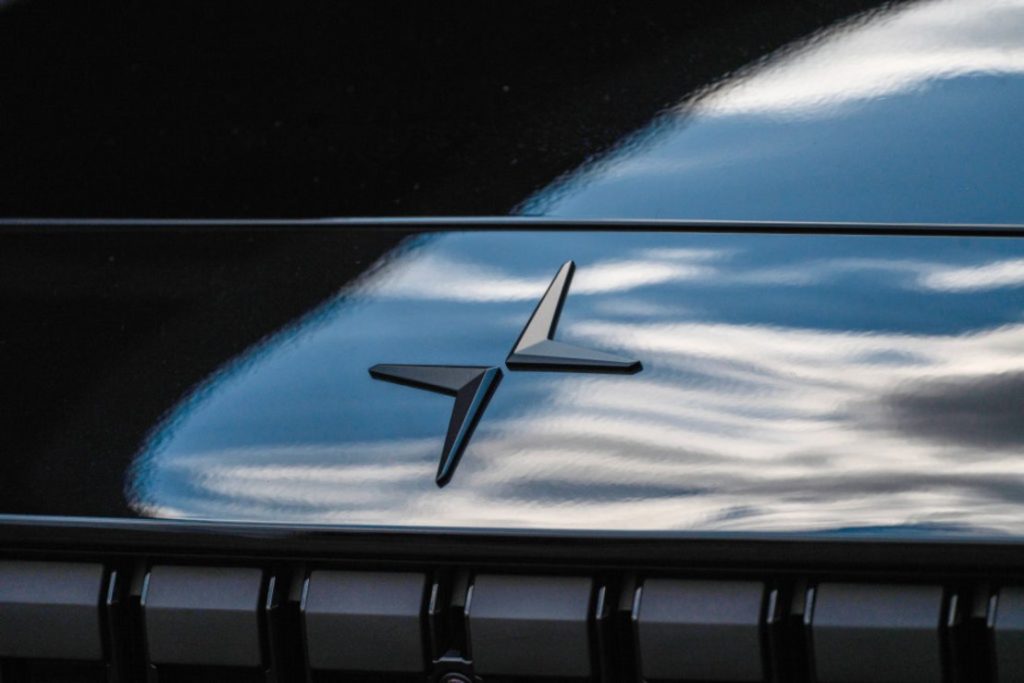
Polestar Capitalizes on Tesla’s Struggles: A Spotlight on their Rapid Growth
Polestar, the Swedish electric vehicle manufacturer listed on the US Nasdaq, has reported a remarkable rise in its global sales figures for the first quarter of 2025. As the company sold an estimated 12,304 cars, this marks a significant 76% increase compared to the same period in 2024. The growth trajectory of Polestar is notable, especially as it coincides with Tesla’s highly publicized decline in sales, attributed to the controversies surrounding Elon Musk’s close affiliation with President Donald Trump’s administration.
Taking Advantage of Market Dynamics
In a statement released alongside these impressive sales figures, Polestar highlighted the influential role of their expanding model lineup and the transition to a more proactive selling strategy. The company has effectively turned the uncertainties faced by its competitors into an opportunity to strengthen its brand appeal.
Polestar CEO Michael Lohscheller commented on the situation, noting that market conditions can create opportunities for brands that manage to maintain stability and grow consumer trust during times of uncertainty. « We have customers from many different brands switching to electric vehicles, and this switch is often driven by the desire for reliability and innovation, » he said.
A Focus on Premium Quality
Lohscheller further elaborated on Polestar’s strategic orientation, emphasizing the brand’s commitment to premium quality rather than sheer volume. « We want Polestar to be recognized as a premium brand, » he explained. « Rather than aiming to become the largest EV manufacturer by volume, we focus on providing a high-quality experience for our customers, ensuring that they perceive our vehicles as aspirational products. »
This vision aligns with Polestar’s ethos of integrating performance with sustainability and cutting-edge technology. Lohscheller’s commentary underscores an approach that prioritizes steady, manageable growth while reinforcing its premium brand identity.
Localizing Production in Light of Tariffs
The announcement of tariffs by President Trump has caused fluctuations in Polestar’s share price, as with many publicly traded companies. Lohscheller acknowledged the importance of localization in this climate, highlighting the strategic advantage of utilizing existing facilities, such as the Volvo plant in Charleston, South Carolina, to mitigate potential impacts. « Localization, including deep integration with suppliers, is more crucial now than ever, » he stated.
The discussion around the potential siting of a new Polestar factory in the UK, dedicated to manufacturing the Polestar 7, remains inconclusive. However, the official announcement is expected soon, showcasing Polestar’s plans for expansion and deeper market penetration.
Future Prospects and Policy Impacts
Commenting on recent changes to the UK’s gasoline and diesel car regulations and the revised Zero Emission Vehicle (ZEV) mandate, Lohscheller expressed confidence in the growing demand for electric vehicles. « Once customers experience the performance, innovation, and sustainability that Polestar offers, they appreciate the benefits beyond regulatory frameworks. Driving an EV is increasingly seen as a desirable lifestyle choice, » he said.
Lohscheller advocated for supportive policies but reiterated the company’s focus on customer satisfaction and product appeal as primary drivers of growth in the EV market. With increasing awareness of environmental issues and a shift towards sustainable transportation, Polestar is well-positioned to capture the interest of a conscientious consumer base looking for premium, eco-friendly alternatives.



